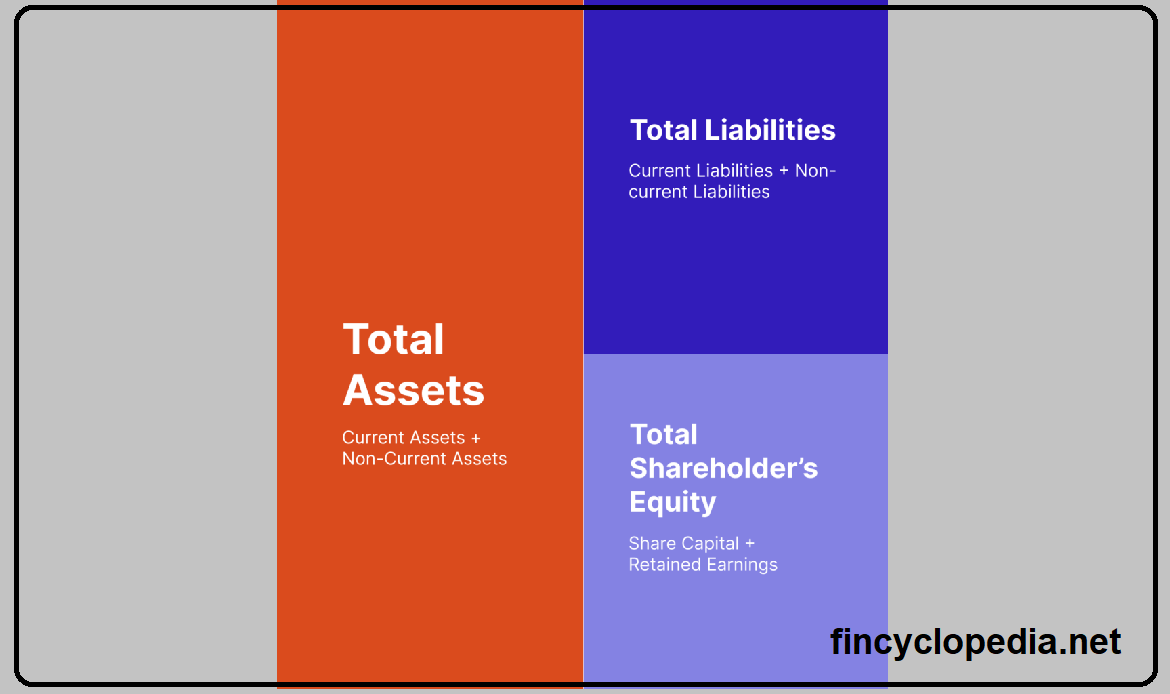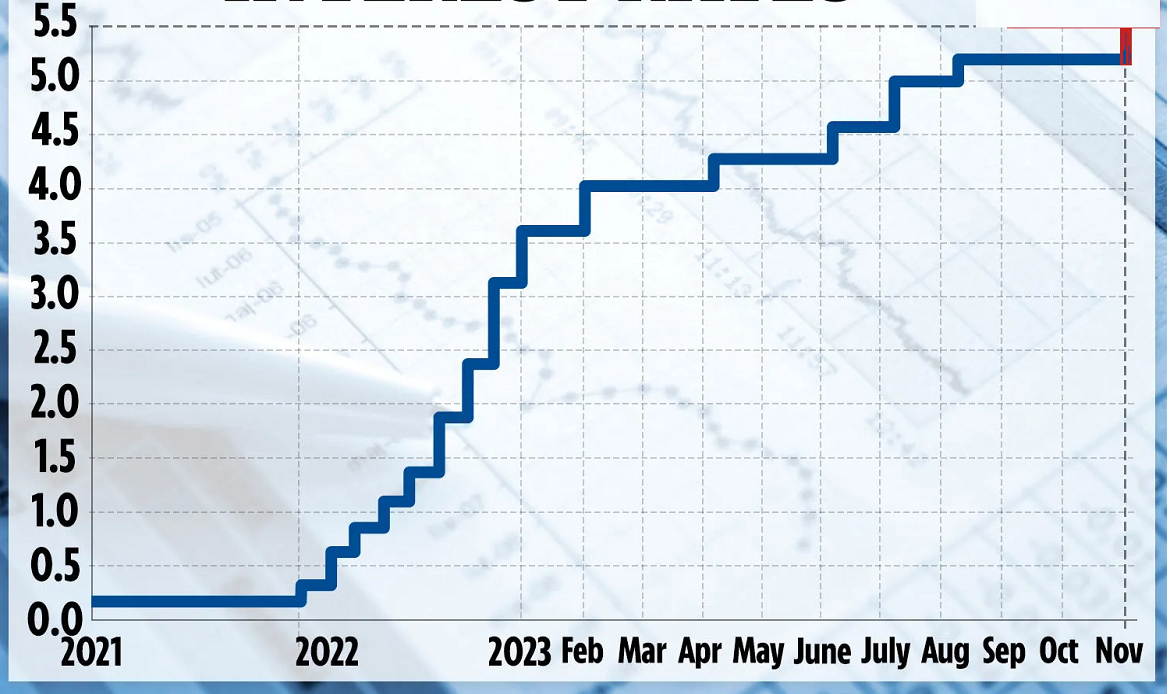A certificate of deposit (CD) that is sold through a third party (brokers and dealers) rather than directly through the issuing bank. Brokers and dealers buy the CD from the issuing bank and sell it to investors. Brokerages usually buy CDs in bulk and resell them to their retail customers. Brokered CDs pay more than those issued directly by banks and other financial institutions. They are also more liquid than standard CDs (they have a liquid secondary market) made by the brokers’ community. Brokered CDs can be easily sold in the secondary market prior to maturity. However, premature sales could impact the principal amount of a CD, i.e., the principal can only be guaranteed in full if the CD is held to maturity.
Typically, brokered CDs are purchased and sold on a book entry basis, that is, the broker holds a CD in a custodial account on behalf of the depositor (investor).







